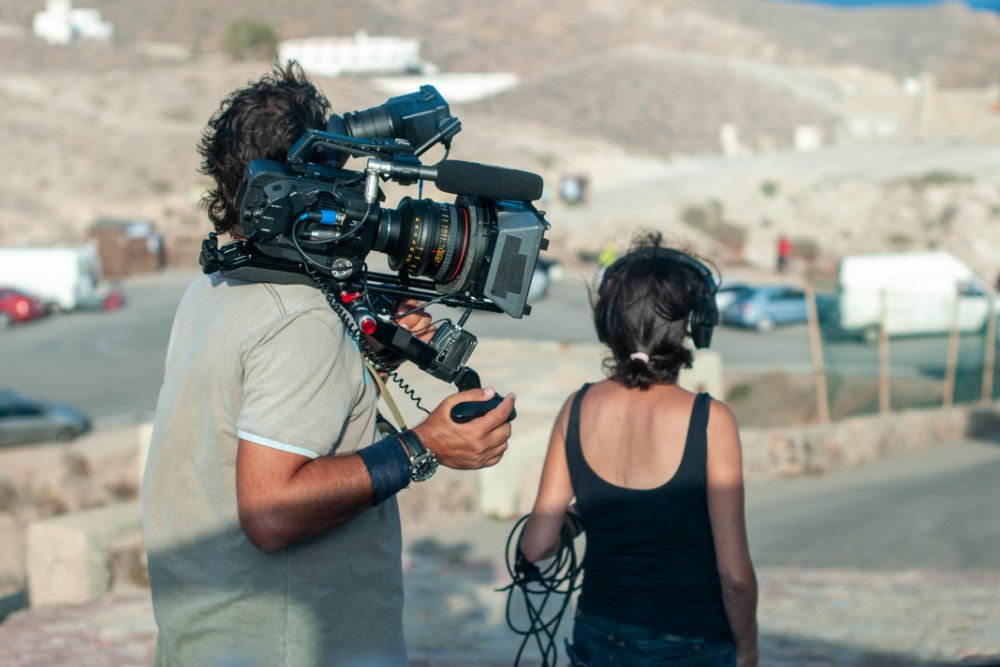"Immersive Storytelling" Has Reached Critical Mass. These Funders Ask, "Now What?"
/ Mike Scutari
Approximately three years ago, I noticed a subtle development in the arts and journalism philanthropy space. Donors began embracing storytelling. Now, a new program dubbed the Journalism 360 Challenge suggests that this formerly niche area has officially reached critical mass.
The brainchild of the Knight Foundation, Google News Lab, and the Online News Association, the initiative looks at what happens when storytelling—or in this case, "immersive storytelling"—goes mainstream: It brings together journalists to share best practices in the field.
The initiative recently issued an open call for ideas from "everyone from gamers to news organizations willing to experiment and share what they’re learning about mixed reality, virtual reality, augmented reality and 360-degree video."
Winning ideas will receive up to $35,000 for early-stage projects that best answer the question: How might we experiment with immersive storytelling to advance the field of journalism?
The challenge comes at a time that may signal an inflection point for the journalism space. A few years ago, just as storytelling was taking off, news outlets were justifiably concerned about the business model's long-term sustainability. Customers, they contended, expect to get their news for free and online, and an ad-based revenue model could only get you so far.
But a funny thing happened in intervening years. As a recent New York Times piece notes, customers began paying for their news. The subscription model has legs! What's more, the election of President Trump has been a boon for nonprofit journalism outlets.
And so Knight's new Journalism 360 Challenge should be framed within this bullish context. Nonprofit news outlets and immersive storytellers have the wind at their backs, and foundations like the Ford Foundation and Knight—who, not coincidentally, rose to the post-election challenge with a special fund of $1.5 million to nonprofit news organizations—seem committed to strengthening the field.
Knight is open to ideas that "might include everything from new production techniques to storytelling tools. Or perhaps they might include explorations of the use of narrative or recommendations on how to address the important ethical questions for journalists that immersive storytelling can pose."
Applications can be submitted until April 10, 2017. Apply here.





























